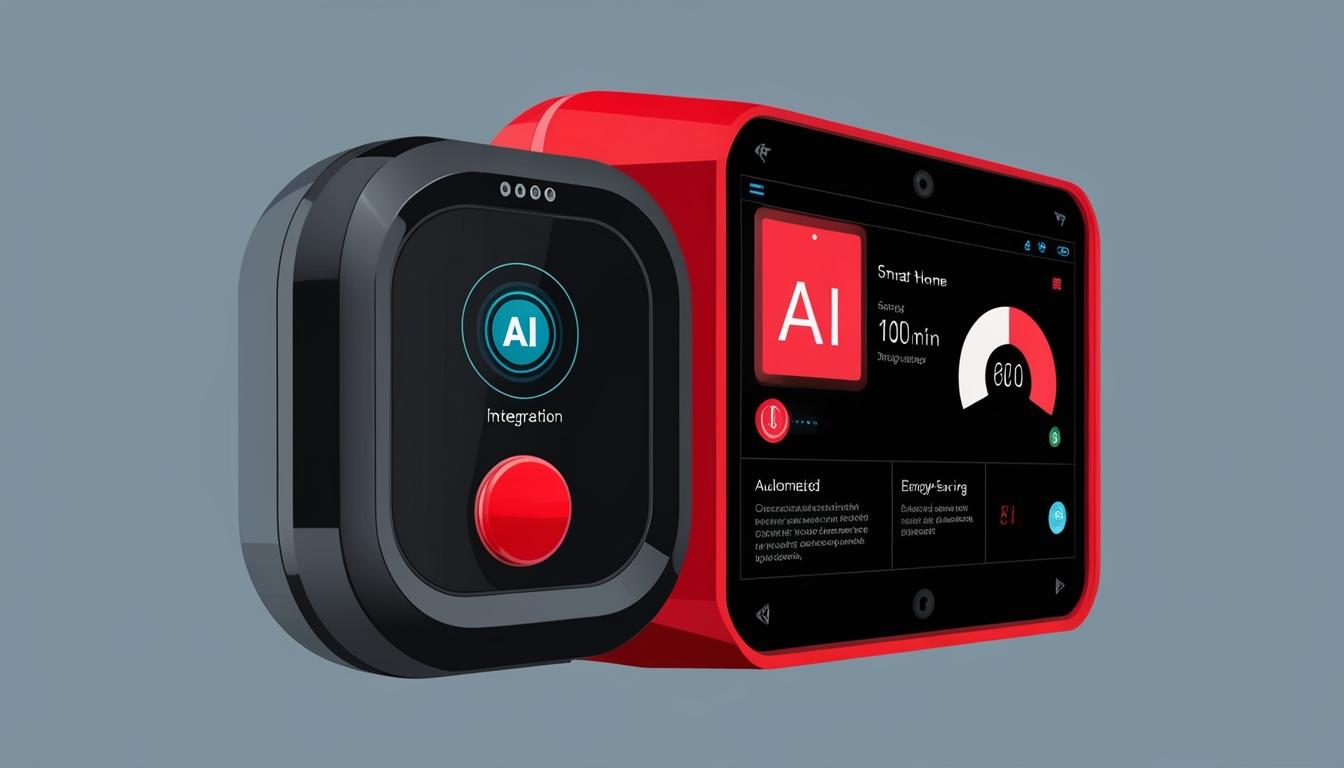Artificial Intelligence (AI) has transitioned from a concept embedded in science fiction to a driving force in everyday living. Today, AI technology is fundamentally transforming our homes, offering significant improvements in how we manage daily tasks. With smart appliances and predictive algorithms becoming commonplace, AI's influence is evident in the way we interact with our surroundings and technology.
The integration of AI into household devices has significantly altered conventional practices. Smart washing machines can intelligently assess fabric types and the degree of dirtiness, leading to optimised water consumption and tailored wash cycles. Meanwhile, robotic vacuum cleaners utilise AI to map the home, learning the most frequented areas and adjusting their cleaning patterns accordingly. Smart refrigerators, enhanced with AI and equipped with cameras, can identify food items, propose recipes, and issue reminders to consume items before they go bad. Voice assistants, too, have leveraged AI technologies, allowing users to manage schedules, control home devices, and obtain information through simple voice commands. Additionally, smart ovens can gauge the type of food being cooked and adjust settings automatically for the best cooking outcomes.
AI innovations extend beyond sheer convenience. They aim to save time and resources while boosting the efficiency of daily activities. A study conducted by PwC suggests that AI could contribute up to $15.7 trillion to the global economy by 2030, largely through technologies that enhance productivity in domestic settings.
Another notable advantage offered by AI is the automation of repetitive tasks. Devices such as robotic vacuums can free up to two hours per week, while smart dishwashers may reduce manual dishwashing time by up to 75%. Furthermore, smart cooking appliances like multi-cookers and AI-enabled ovens streamline meal preparation, allowing families to spend more time together or engage in leisure activities. Voice assistants alleviate mental burdens by keeping schedules, ordering groceries, and managing smart devices, effectively saving precious time throughout the day.
Despite these advancements, the reliability of AI-driven devices relies heavily on proper maintenance. When devices malfunction, it is advisable to seek professional repairs to ensure their efficiency and restore functionality quickly, alleviating stress and allowing individuals to focus on more enriching pursuits.
AI technologies are also paving the way for more sustainable living practices. Smart thermostats, for instance, adapt heating and cooling based on learned temperature preferences to optimise energy usage. Energy-efficient washing machines employ AI to reduce water and detergent consumption without sacrificing cleaning efficacy. Smart refrigerators assist in minimizing food waste by monitoring expiry dates and suggesting recipes, thereby helping households to cut down on unnecessary waste. According to the International Energy Agency (IEA), the implementation of AI in home devices could lead to a global reduction in energy consumption by up to 15% within the next decade.
The future of AI in the home context presents even more prospects for innovation. Potential developments could include advanced home security systems that analyse behaviour to detect unusual activity, wearables that work in conjunction with smart devices to provide real-time health tracking, and fully integrated smart homes that adjust settings autonomously based on occupant schedules and preferences. As these technologies advance, it is crucial to tackle challenges related to data privacy and accessibility to ensure equitable benefits for all users.
The time saved through AI automation opens avenues for individuals to engage in various constructive activities. Additional hours can be allocated to personal development, quality time with family, and enhancements in physical fitness or mental health practices.
Artificial Intelligence has firmly established itself within modern life, transforming everyday experiences through smarter homes and greater efficiency. As technology continues to progress, it holds the promise of unlocking even more opportunities for innovation and convenience, ultimately enriching the quality of life for users.
Source: Noah Wire Services
